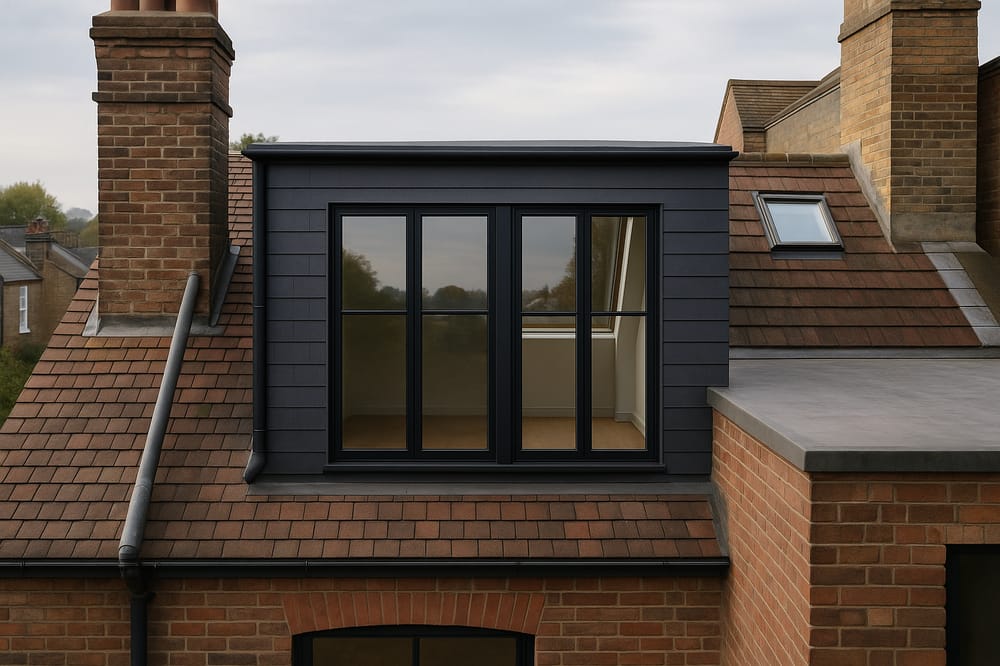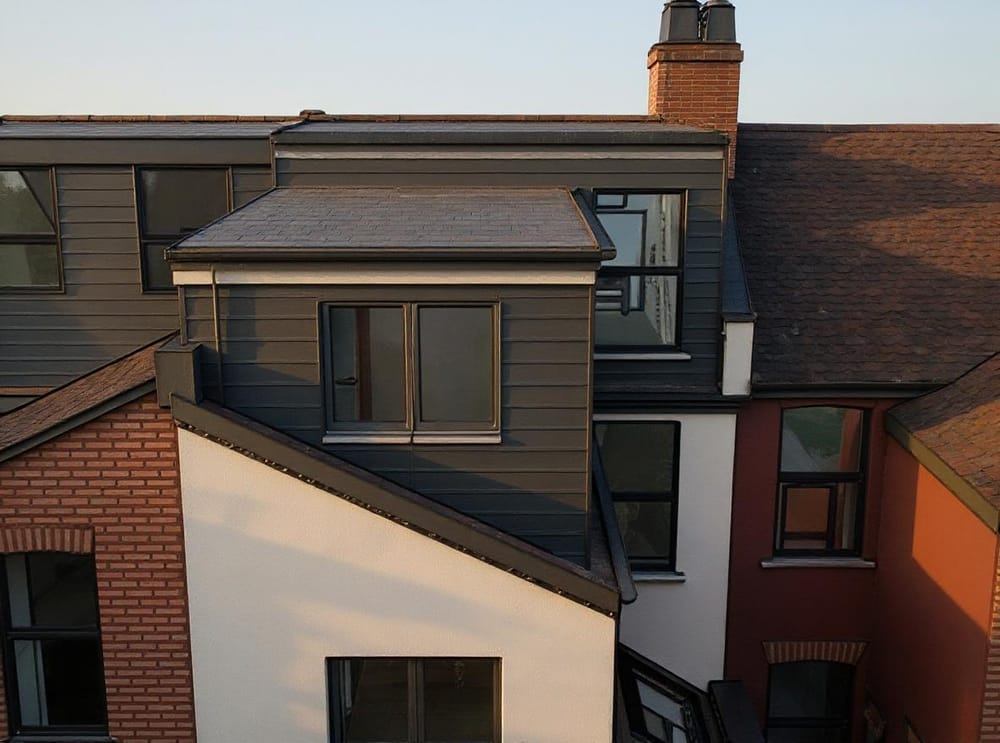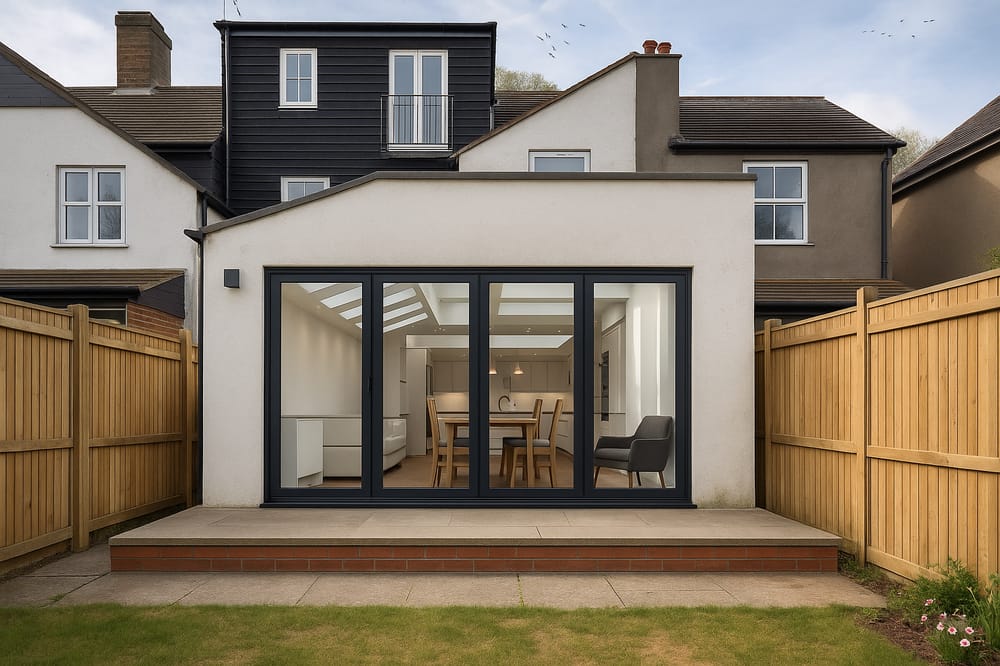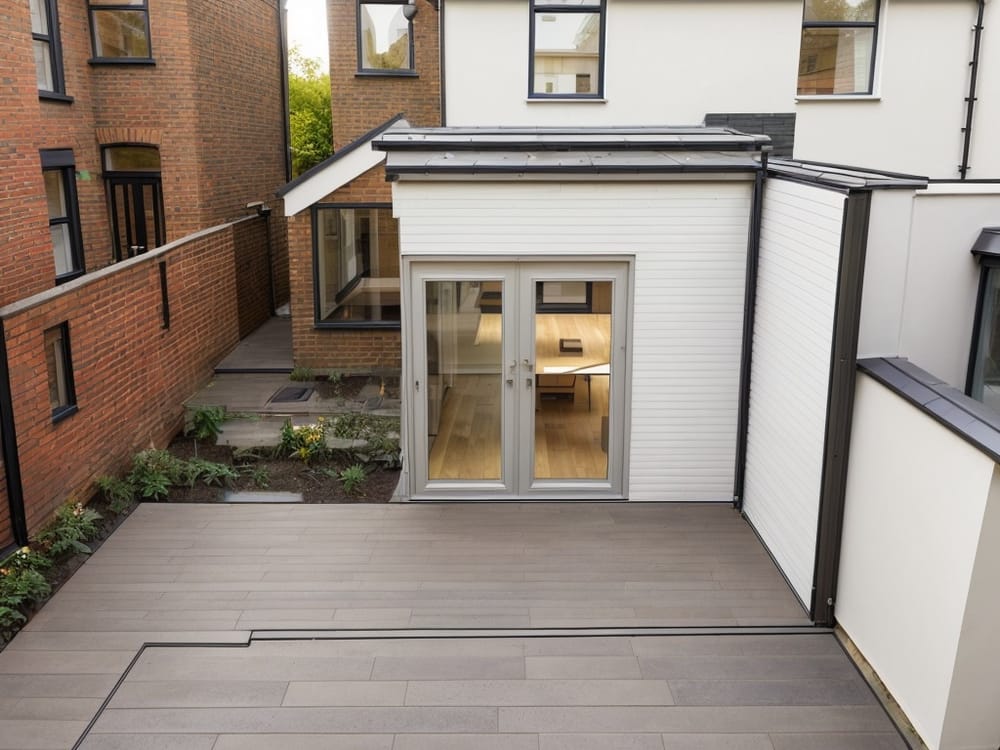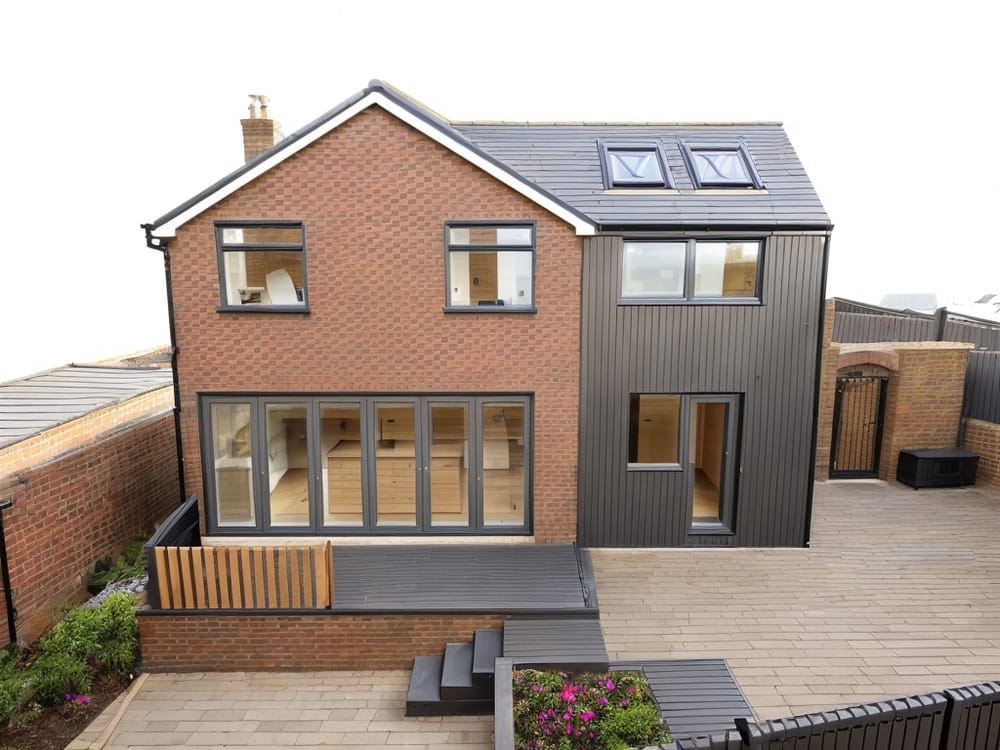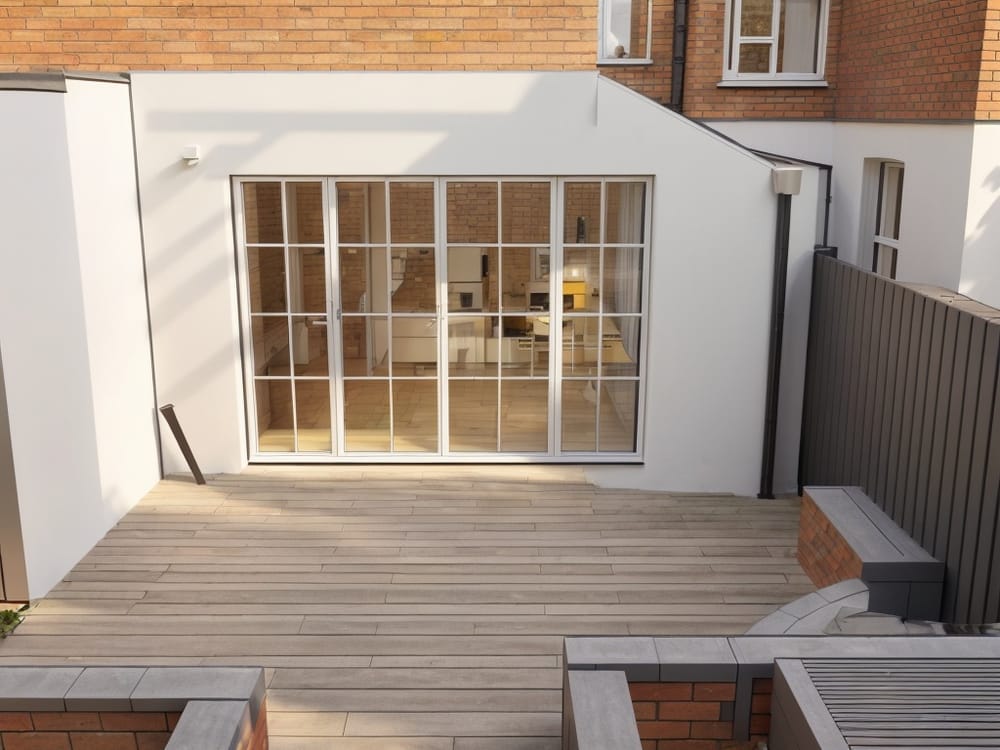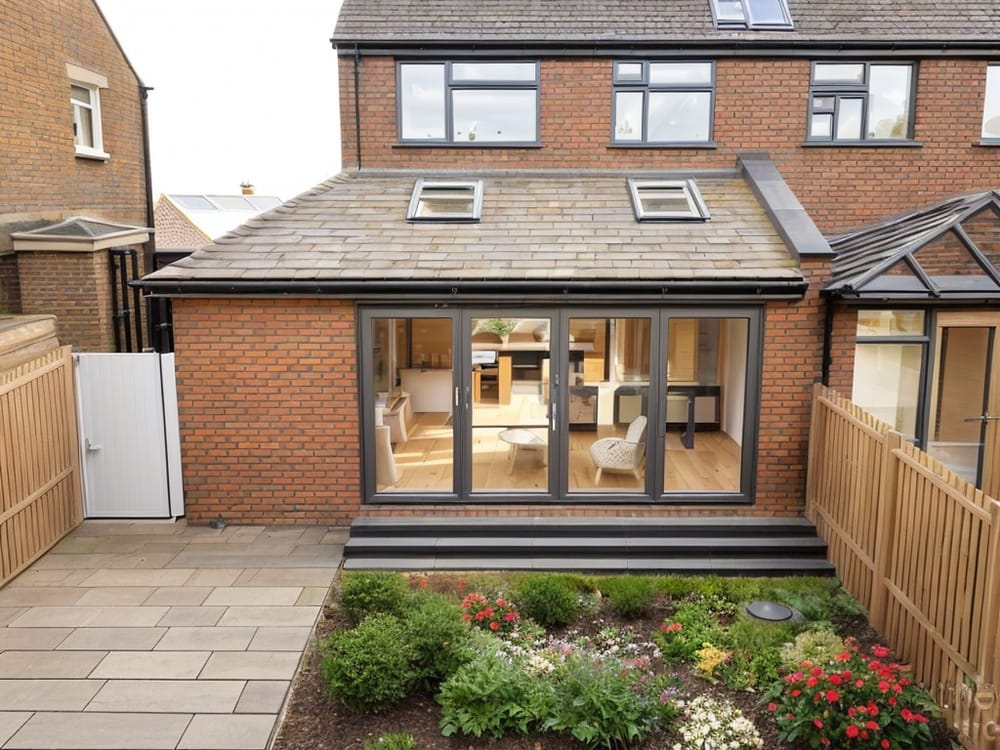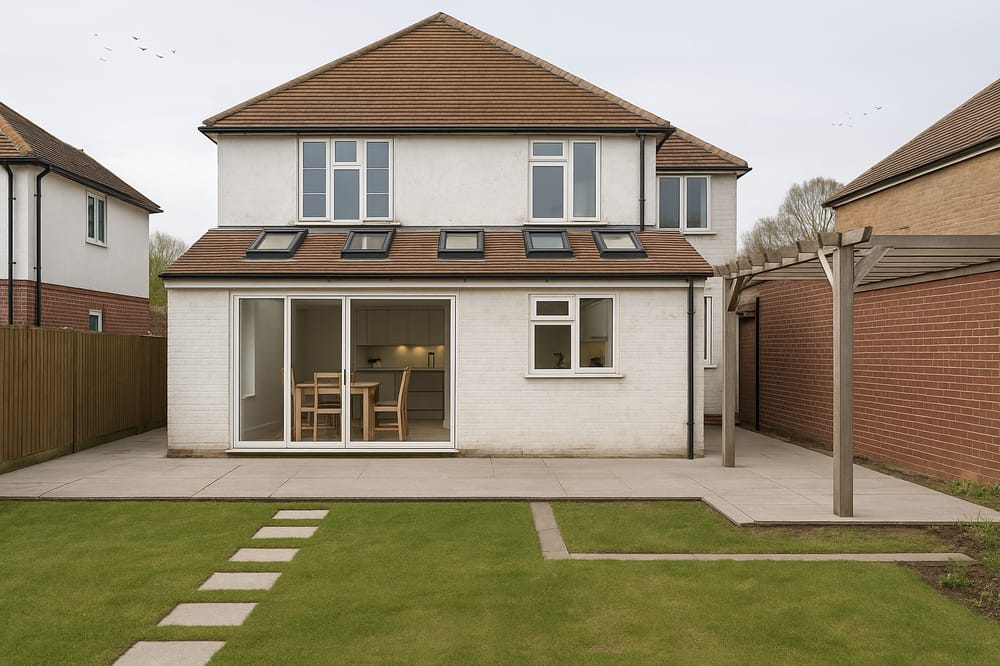We've gathered some expert advice from our Connect team so you can find the best contractor for your home renovation project. This team of Resi professionals can introduce you to builders and the third party contractors in your area. Read on for their top tips.
Accreditation
It helps to be aware of the accreditations that contractors can apply for, in order to prove themselves as a trusted professional. These include: / TrustMark is the only non-profit scheme that’s been set up by the UK government to help homeowners find trusted tradespeople. Two such schemes are…
TrustMark is a wonderful scheme, as its the only non-profit scheme that’s been set up by the UK government to help homeowners find trusted trades people.
Contractors have to pay in order to join FMB and various other schemes. So, though they’ll be held to a set of standards, the checks could be considered slightly less rigorous than their non-profit counterparts.
Awards
Another positive sign to look out for is whether or not your contractor has won any awards.
This won’t be a must for you, but having a recent award to their name demonstrates the quality of their work, and gives them a high profile reference.
Of course, many professionals who win industry awards do use this to justify quoting their services at a premium. Meaning you might end up paying more for these quality professionals.
Availability
Because of the length of time required to complete a build, many contractors are booked up many months in advance.
If a contractor is available to work on short notice, it could indicate that they're not in high demand or that they're taking on more work than they can handle. For instance, it could mean that their services aren’t in demand, meaning other homeowners have seen some off-putting signs to their work. Or, even worse, it could be a sign that this contractor is taking on more work than they can handle.
A contractor juggling multiple projects, without the proper team in place, could put your home at serious risk so it's vital that you carry out thorough checks and research.
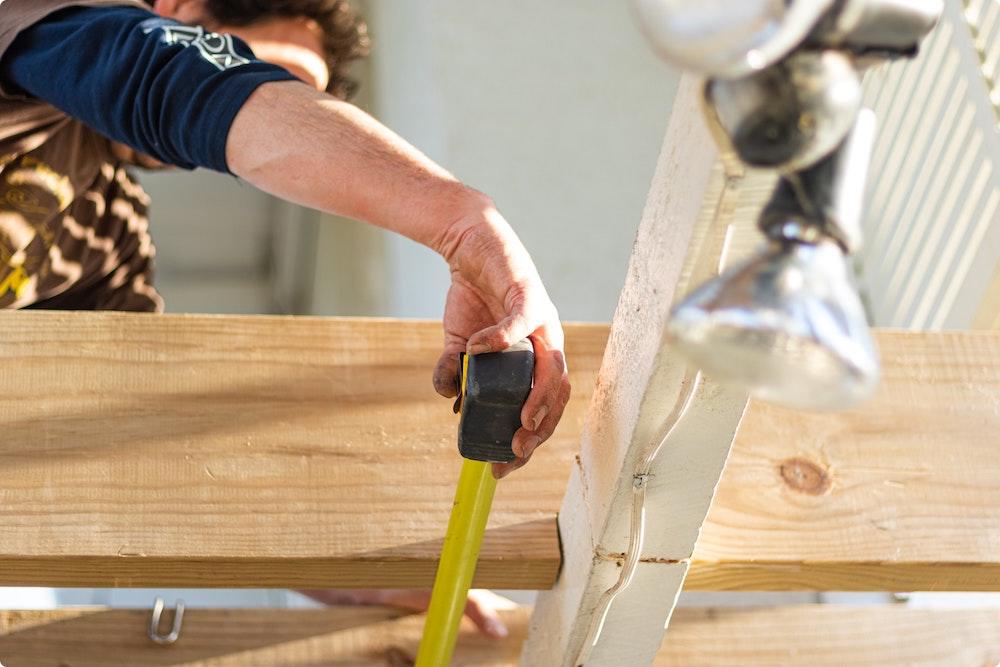
References
At Resi, we recommend using the rule of three. Meaning, you want to be scoping out at least three contractors, and you want to be visiting three references before committing.
When it comes to checking references, ideally you’ll want to talk to previous clients away from your considered professional. This can either be done over the phone, or ideally done by visiting the site to see the work for yourself.
Make sure you see both something recent, and a project that was completed at least a year ago. This will give you the best idea of their current skill level, and show how their work stands the test of time.
Check insurance
Getting the right insurance in place is the best thing you can do for your home.
By neglecting proper insurance, homeowners put themselves at risk of huge costs, court proceedings, and all the legal fees and damages that go alongside this.
To make sure you’re protected, at a minimum, you should have…
- Public liability insurance - this will ensure that you’re covered in the event that someone is hurt on your site, or if the property is damaged.
- Employers’ liability insurance - it’s against the law for any contractor, who works for a company (whether someone else’s or their own), to not have this coverage. It’s there in the event the contractor is hurt on the job.
- Developer insolvency insurance - not essential but certainly recommended, this will protect you in the event your contractor goes bust.
Timeline
You probably don’t need us to tell you this, but knowing how long a project is going to take is a huge help. This is especially true if the construction work forces you to either rent a new place, or live off-site in some other form of temporary accommodation.
An experienced contractor will be able to give you the best idea of time required.
Alongside when the work will be finished, you’ll also want to look into the day to day timings of the build. Do certain elements need to be completed by a certain point? Say foundations being laid before a change in seasons. And what working hours will your contractors keep? If you’re paying a day rate, it’s worthwhile to establish about many hours who you both expect to be working in a 24 hour period.
Another timing issue to consider is delays. Sometimes these can be unavoidable, but what is your contractor doing to avoid them, and what safeguards have they in place should they arise?
If your contractor is unable to commit to timelines beforehand, and more important, within your contract, it may be worth looking elsewhere to explore your options.
Payment plan
Setting up the right payment plan is another vital stage to hiring a contractor.
Remember: never pay upfront from a builder’s services.
A good contractor will have the funds to upfront the costs of the project, and then get that money back when work has been completed.
Our recommended way of structuring pay is to find a good builder who will fund the project, and then pay them based on evaluations. You would give them a deposit to get started, then the contractor will work for an agreed amount of time, at which point you’ll get a contract administrator (with your project manager, architect, or you can do this yourself) to assess the work that has been done, and a payment will be released. This encourages your contractor to keep to a schedule, and provide work of a high standard at every stage.
Another way to do it would be to get a JCT homeowners contract. These allow you to pay your contractor in stages, rather than big lump sums. However, the danger with this is tied to your own knowledge of the construction industry. Without a professional there to check the work, or to advise on timings, you might end up paying money at the wrong time and for work that’s not of a good quality.
If you have the money to spare, one way to keep your whole build on time and within budget is to hire a project manager. However, having a project manager can be expensive, so you’ll have to work out if this is an expense you're willing to pay in order to give your construction security.


